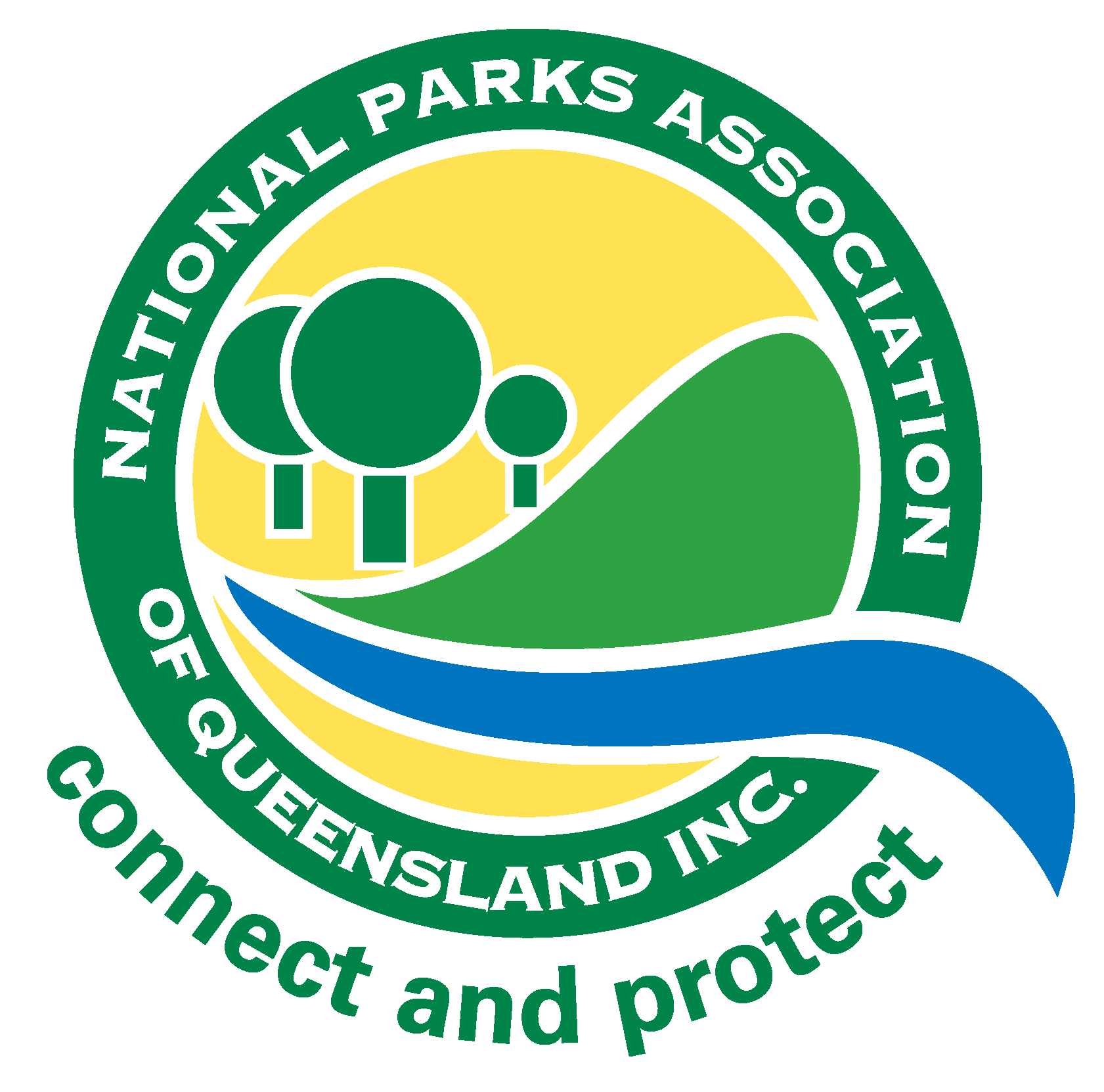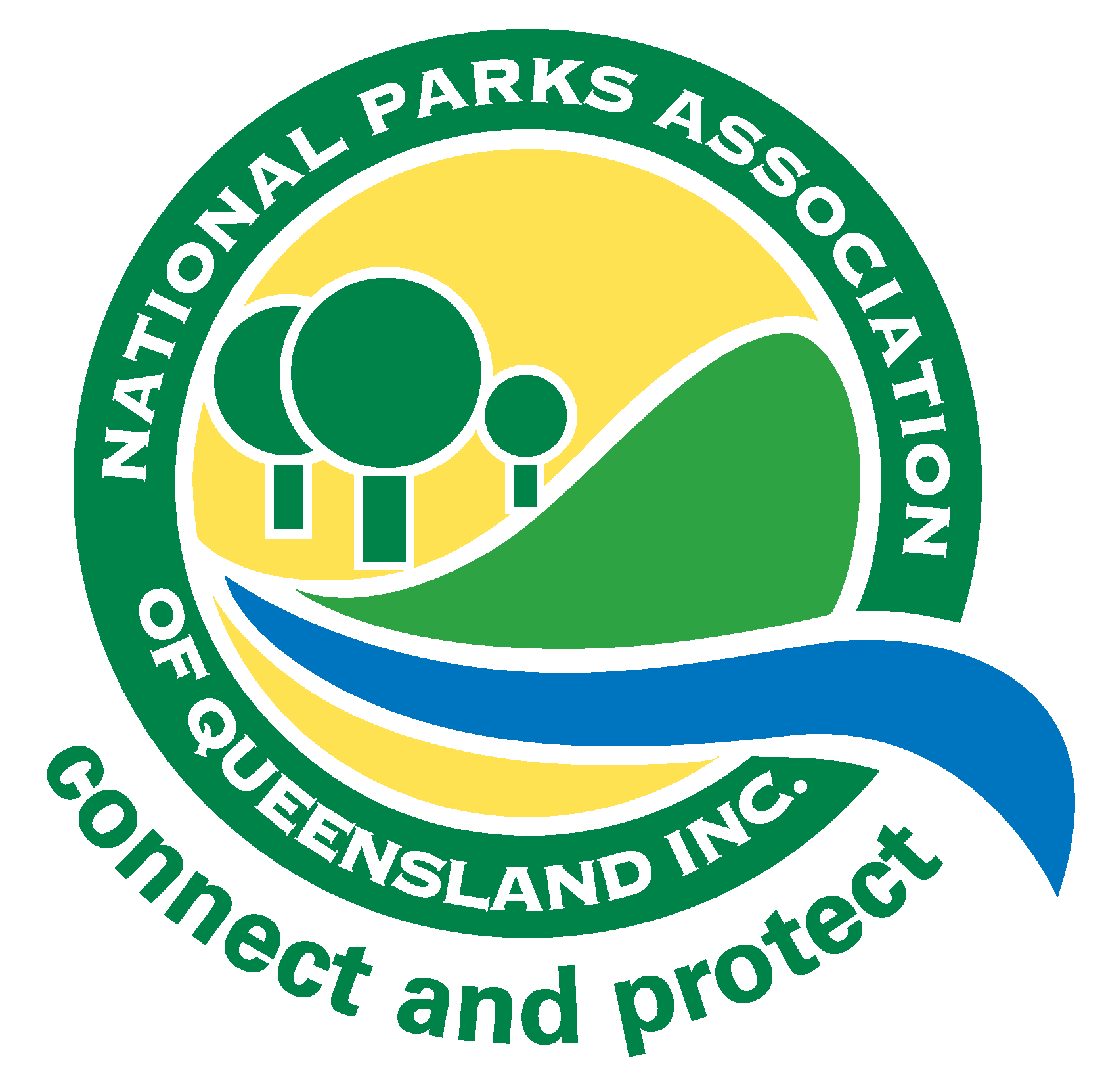Protected Magazine
Wildlife Feature – Dingoes
Dingoes (Canis lupus dingo) are a fascinating and unique species of wild dog that have been a part of the Australian landscape for thousands of years. Renowned for their adaptability and resilience, these apex predators play a crucial role in the ecosystem. However, it’s important to be aware of safety precautions when encountering dingoes in the wild to ensure both human and dingo well-being.
The Role of Dingoes in Ecosystems
Dingoes are apex predators, meaning they sit at the top of the food chain in their ecosystems. This vital role helps regulate prey populations, control mesopredators (mid-sized predators), and indirectly benefit the plant life by preventing overgrazing. Dingoes contribute to the balance and health of the ecosystem in ways that are often underestimated.
Safety Around Dingoes
While dingoes are an integral part of Australia’s ecology, it’s crucial to understand how to be safe around them, especially when encountering them in their natural habitat.

* Keep Your Distance – Maintaining a safe distance from dingoes is the most effective way to avoid conflicts. Do not attempt to approach, feed, or interact with them in any way. This applies whether you encounter a lone dingo or a pack. Remember, dingoes are wild animals, and their behaviour can be unpredictable.
* Secure Your Food – Dingoes are opportunistic scavengers, and they are known to be attracted to the smell of human food. Use appropriate containers to prevent dingoes from accessing your supplies.
* Do Not Feed Dingoes – Feeding dingoes is not only dangerous but also detrimental to their well-being. When dingoes become accustomed to human handouts, it can lead to aggressive behaviour and reliance on human food sources, disrupting their natural hunting instincts.
* Keep Pets on a Leash – If you are traveling with a dog, it’s important to keep them on a leash. Dingoes may see domestic dogs as competitors or threats and can exhibit territorial or aggressive behaviour.
* Travel in Groups – Dingoes are more likely to approach solitary individuals, making group travel a safer choice.
* Children and Dingoes – Parents should be especially cautious when camping or hiking with children in dingo territory. Keep a close eye on your children, and educate them about the importance of not approaching or trying to feed dingoes.
* Dingo Attacks – Dingo attacks on humans are extremely rare. However, if a dingo behaves aggressively or approaches you, it’s important to maintain your distance and not run. Stand tall, make yourself look larger, and back away slowly without turning your back on the animal.
* Report Problematic Dingoes – If you encounter a dingo that is displaying aggressive behaviour or appears to be a safety concern, report it to the local authorities or park rangers.
 Conservation and Dingoes
Conservation and Dingoes
Dingoes are a unique and irreplaceable component of Australia’s ecosystems. Their presence and role in the environment contribute to biodiversity and ecosystem stability. However, they are also subject to various threats, including habitat loss and human interactions. Conservation efforts are crucial to ensure the survival of this iconic species.
Conclusion
Dingoes are a remarkable part of Australia’s natural heritage, and they play a critical role in maintaining the ecological balance of the regions they inhabit. By understanding the importance of dingoes in their ecosystems and following safety guidelines when encountering them, we can coexist harmoniously with these wild canines while appreciating their significance in Australia’s unique natural landscapes.


